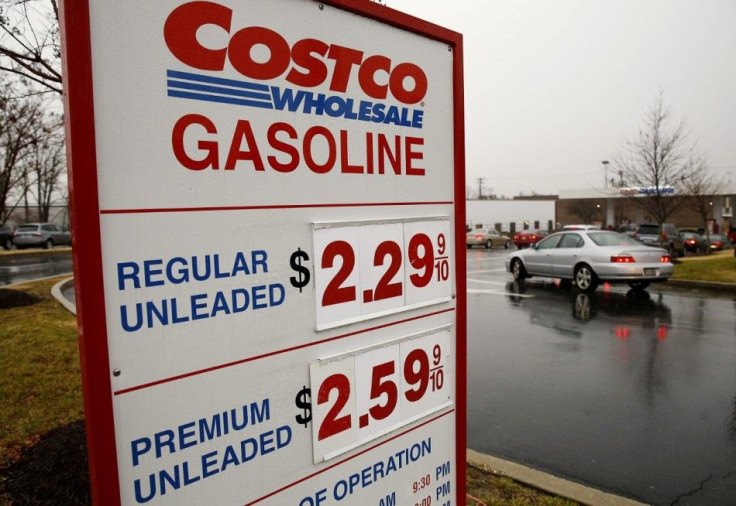Not Only Russia: Continuous Drop Of Oil Prices Means Billions Of Lost Dollars For Canada

Not only is Russia hurting from the continuous plummeting prices of oil in the world market. So is Canada, an ally of the western nations against President Vladimir Putin. A report by CIBC, one of Canada's biggest banks, revealed the country stands to lose a whopping $13 billion, suggesting federal and provincial governments need to rein in spending, modify previously announced budget targets and condition constituents to save up for the rainy days ahead.
Of the total figure, the federal government's coffers stand to lose as much as $5 billion, economists Avery Shenfeld, Peter Buchanan and Warren Lovely said in their report entitled "No Barrel of Fun: What Weaker Crude Means for Canada." Provincial economies will lose a little more than that.
Consumers may no doubt enjoy the savings they will derive from cheaper gasoline or home heating oil. CIBC said each $2 drop in oil takes off a cent per litre from prices at the pump. If oil were to average $70 a barrel in 2015, Canadian savings will reach something like $10-billion.
But consumers may also need to look beyond what's on their palms. The declining prices will surely hit businesses, which later may need to make strategic decisions that could hurt jobs and other investments. "The value of what Canada sells to the world ... is what filters into wages and profits, government revenues and economic well-being," the report said.
The report noted the federal government will take a $2.4-billion hit in 2014-15 and another $1.9-billion hit in 2015-16. It could further lose revenues amounting $2.5 billion by taking in less corporate GST and personal taxes.
In New York trading on Tuesday, price for West Texas Intermediate oil dropped below $54 a barrel, bounced back over $57 and eventually closed at $55.93 a barrel. Canada's energy sector accounts for 10 percent of the country's GDP.
But not all is bad news, the report said. For one, the CIBC economists didn't see Canada going into a recession due to the dipping oil prices, because 75 percent of the country's exports are outside the energy sector. Economists are also certain the energy price drop won't last. The present reality is that the global community will always want and need Canada's oil, as well as from Brazil "and even costlier sources." They hinted global oil market prices will return to above $80 per barrel, but didn't say exactly when.






